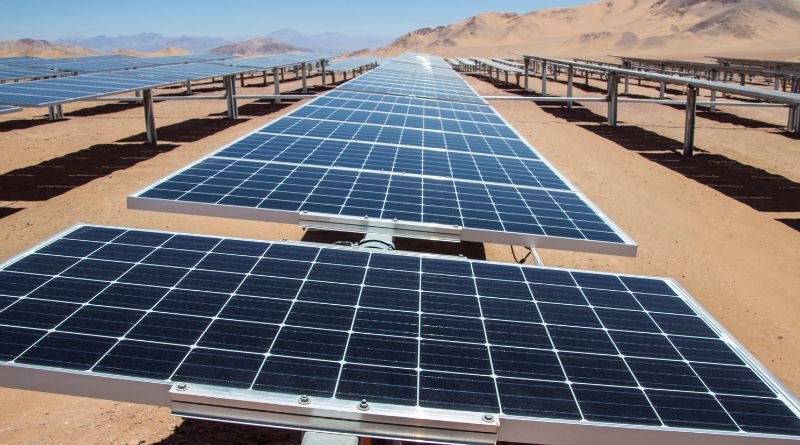Does Solar Panel Installation Apply to Agricultural Land?
As part of the effort to develop sustainable energy solutions, solar power and agriculture have formed a potentially fruitful alliance. The concept of installing solar panels on agricultural land has generated significant attention, offering the advantages of both energy conservation and effective land utilization.
In the midst of global concerns regarding climate change and the imperative for sustainable energy, organizations such as NewTech Renewables assume a pivotal function as solar PV suppliers UK, enabling agricultural practitioners to harness the solar radiation for crop production.
Agriculture’s Increasing Demand for Solar Panels:
Consequently, there has been a notable upswing in the need for solar panels specifically designed for agricultural use. NewTech Renewables, an industry leader, has established itself as a dependable source for solar PV suppliers and wholesalers, offering innovative solutions for farmers seeking to adopt solar energy.
Ten of the forty-three national reporting zones encountered unacceptable levels of NO2 pollution in 2021, according to the most recent data. This is nearly double the amount that occurred in 2020, when lockdowns caused temporary reductions in NO2 levels across the nation.
Advantages of Solar Panel Application in Agriculture:
The Concept of Energy Independence:
Farmers can accomplish a certain level of energy autonomy by affixing solar panels onto their agricultural land. By doing so, they are not only less dependent on conventional energy sources but also protected against energy price fluctuations, which ultimately results in financial savings.
Expense Savings
Solar energy presents itself as an economically viable substitute for conventional power sources. After the initial investment is completed, solar panels exhibit negligible operational expenses, thereby enabling farmers to more effectively allocate their resources.
Utilization Efficiency of Land
Crop cultivation and the installation of solar panels on agricultural land are not inherently competitive. Elevated solar panels can optimize land utilization by providing shade for specific crops, which is advantageous. By generating clean energy, this dual-purpose strategy ensures that agricultural output remains robust.
Stream diversification of income
The ability to generate solar energy enables farmers to expand their sources of revenue. Further generating an additional revenue stream for farmers, the surplus energy produced can be fed back into the grid in addition to conventional farming practices.
Ecological Sustainability
Utilizing solar energy is an environmentally conscious decision that is in line with worldwide initiatives to mitigate climate change. Farmers make an environmental and sustainable contribution by decreasing their dependence on non-renewable energy sources.
In summary, the incorporation of solar panels onto agricultural land represents a progressive strategy that corresponds with the worldwide trend toward environmentally friendly methods. NewTech Renewables, a prominent wholesaler and solar panel suppliers, is at the vanguard of this endeavor, enabling agricultural practitioners to adopt sustainable energy practices while maximizing land utilization.
In the pursuit of a greener future, the collaboration between solar panel suppliers such as NewTech Renewables and farmers exemplifies the potential for innovation and sustainability as solar panels become an integral component of contemporary agriculture. Solar-powered agriculture is a mutually beneficial solution for both farmers and the environment, as it offers expenses savings and promotes environmental stewardship.









